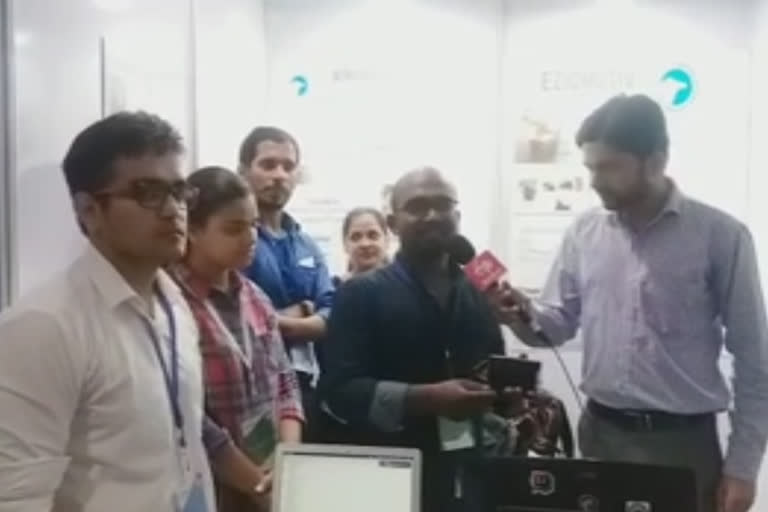New Delhi: A team from the Indian Institute of Technology (IIT) here will be analysing the impact of the odd-even scheme, which will be rolled out from November 4 in Delhi, using real-time pollution monitoring devices invented by students.
The monitoring will be done from October 15 to November 15 to study the effectiveness of the car-rationing scheme in improving air quality.
The six-member team has invented sensor-based pollution monitoring devices called 'Eziomotiv' which has been patented and has received ICAD certification too.
"The devices will be placed atop around 250 buses running in the national capital to gauge air quality. They will help calculate Particulate Matter (PM), heat, temperature and humidity across different terrains, traffic movement, weather and times of the day. We have tied up with the Delhi Integrated Multi-Modal Transit System (DIMTS) for the purpose," Pooja Singh from IIT Delhi's incubation unit said.
"Each bus makes 16 trips daily, covering different routes with each of them being around 30 to 40 km long. The devices have a camera and are GPS enabled so we can also track the vehicle's movements," she added.
The study will be conducted in two phases- pre-odd-even and odd-even.
"To analyse whether the scheme was impactful or not we also need data of preceding days to compare with. Hence, it will be done in two phases and we will analyse whether the quality improved or not during odd-even and if yes by how much percentage," she added.
The devices that will be used have been invented at IIT through the incubated start-up 'Aerogram'. The IIT's Centre of Excellence for Research on Clean Air had provided the initial funding for the project. Other members of the team include--Manoj Sahukar, Faheem Ashraf, Sahil Siwach, Bhaskar Dutt and Surbhi Kumari.
"We have done a pilot study already using cars," Singh said.
Elaborating on their recent initiative, Manoj Sahukar said that the device will be analyzing the pollution around a bus and also how the driver is driving it.
"It will help us in recording the level of pollution in different parts of the state at different hours of the day," he said.
The team had earlier developed 'EzioStat' static pollution monitoring devices installed at various places in IIT Delhi campus to measure PM levels.
Delhi Chief Minister Arvind Kejriwal had earlier this month announced the introduction of the third edition of the odd-even plan.
Under the scheme, odd and even-numbered vehicles will ply on alternate days from November 4 to 15.
An earlier study by IIT-Delhi researchers in 2016 had found that the rationing of vehicles on Delhi's roads reduced air pollution by only 2-3 per cent when the scheme was introduced for the first time. However, the same methodology and devices were not used for the study.
Read:| PM Modi receives warm welcome by Indian community in Houston



